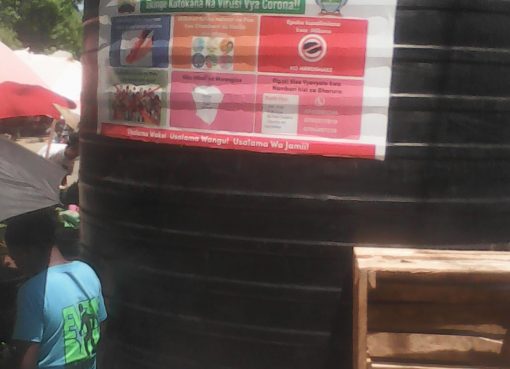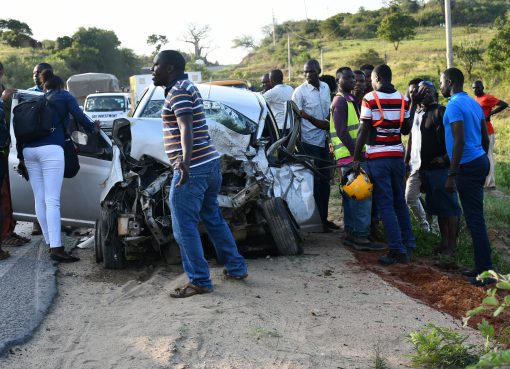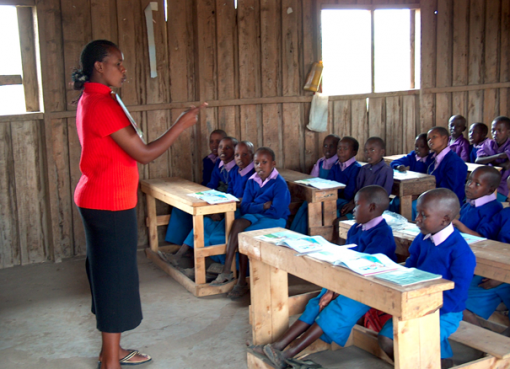The Intergovernmental Relations Technical Committee (IGRTC) yesterday held fruitful discussions with the county government of Taita Taveta at Mwatate in efforts to find a long-lasting solution to the thorny issue of sharing revenue from the Tsavo landscape between the coastal county and Kenya Wildlife Service (KWS).
The discussions came amidst calls by the county administration, elected and appointed leaders at the county and national assemblies, and locals for a significant share of the revenue generated from both Tsavo East and Tsavo West’s tourism and other wildlife-related income streams.
Leading the IGRTC, Vice Chairperson Sadia Abdi said it was time the matter was resolved amicably and that both parties draw benefits from the resolutions that would take care of both the human and wildlife populations.
“This matter has been dragged on for a long time and it is time we settle it amicably for the benefit of both sides and the peaceful coexistent of humans and wildlife,” said Abdi.
She further said that the committee will expedite the deliberations and come up with resolutions within six months, a move that was welcomed by the county government.
“We’ll see white smoke from our deliberations with both sides in six months and put this matter to bed,” said Ms. Abdi.
Welcoming the role of IGRTC and its swift action as the national government mediator, Deputy Governor, Christine Saru Kilalo, promised the commitment of Taita Taveta County to amicable and just outcomes for the mutual benefit of both sides.
“As a county, we’re committed to resolutions that benefit both sides of the divide and continued engagements for the prosperity of humans and wildlife,” said the deputy county chief.
At the center of contention are issues touching on revenue sharing, mining in the park, employment for locals by KWS, human-wildlife conflict, and lack of involvement of communities bordering the national parks in conservation efforts for local economic support.
In a recent meeting with KWS, Governor Andrew Mwadime said that the two Tsavo National parks sit on sixty-three percent of the county’s land mass, and with the majority of the arable land going to private ownership through ranches and conservancies; residents are left to scramble for less than twelve percent of the agricultural land.
According to the governor, the scramble for land by locals has increased incidences of human-wildlife conflicts and the meaningless loss of lives, disruption of sources of income, and the destruction of property.
He further said that sharing revenue and involving the locals in conservation efforts with economic gains would put an end to the perennial human-wildlife conflicts and pave way for peaceful coexistence.
“It’s time the county gets a fair share of the revenue from the tourism activities within the parks. Also, the involvement of local communities in conservation efforts with economic gains will end the cycle of human-wildlife conflicts and usher in an era of peaceful co-existence,” said the governor.
For the longest time, Taita Taveta County has locked horns with KWS on matters of shared revenue, paying land rates, and incorporating communities bordering the expansive Tsavo East and West wildlife ecosystems into mutually beneficial conservation.
The tussles between the two sides had sought an audience with the court in 2021, and the matter was referred to intergovernmental resolution mechanism.
Giving his ruling dated early June 2021, Justice James Makau said the matter should be settled based on the Inter-Governmental Relations Act (2012) since it involved the two tiers of government.
“I allow time for the two parties to revert to intergovernmental dispute resolution mechanisms as the matter before the court involves the two levels of government,” said Makau.
By Arnold Linga Masila





